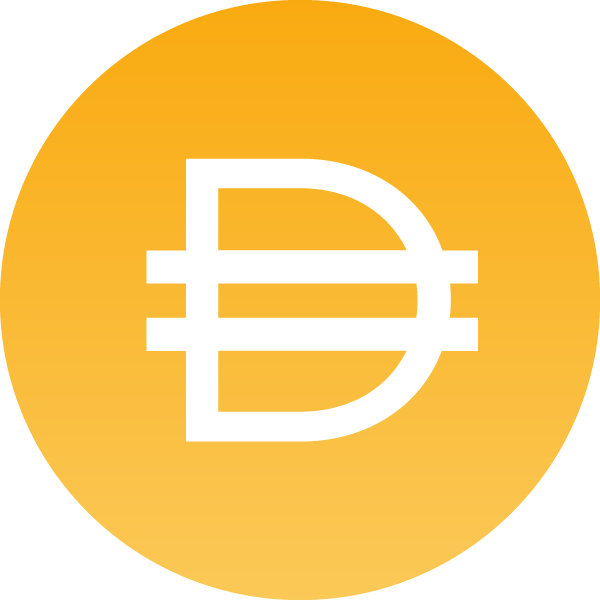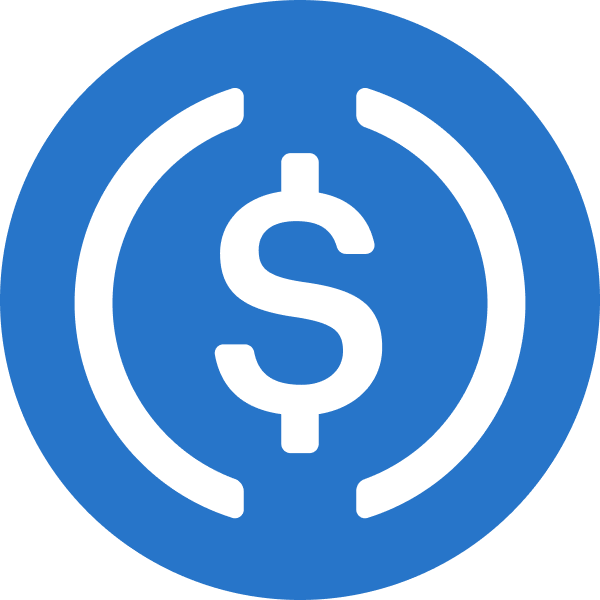Was ist der aktuelle Preis von Bitcoin Cash?
Wir aktualisieren unsere Bitcoin Cash in der Währung EUR in Echtzeit. Sehen Sie sich den Live-Kurs von Bitcoin Cash auf Coinbase an.
Wie hoch ist die Marktkapitalisierung von Bitcoin Cash?
Die aktuelle Marktkapitalisierung von Bitcoin Cash beträgt 8,88 Mrd. €. Eine hohe Marktkapitalisierung bedeutet, dass der Markt ein Asset hoch bewertet.
Was ist das Bitcoin Cash-Allzeithoch?
Das Bitcoin Cash-Allzeithoch beträgt 8.870,62 €. Dieses Allzeithoch stellt den höchsten Preis dar, der seit dem Lauch von Bitcoin Cash jemals gezahlt wurde.
Wie hoch ist das 24-h-Handelsvolumen von Bitcoin Cash?
In den letzten 24 Stunden betrug das Handelsvolumen von Bitcoin Cash 285,99 Mio. €.
Welche anderen Assets sind mit Bitcoin Cash vergleichbar?
Wie viele Bitcoin Cash gibt es?
Das derzeit zirkulierende Angebot an Bitcoin Cash beträgt 20 Millionen.
Wie lange ist die typische Haltedauer von Bitcoin Cash?
Der Mittelwert der Dauer, die Coinbase-Kunden Bitcoin Cash halten, bevor sie diese verkaufen oder an ein anderes Konto oder eine andere Adresse senden, beträgt 54 Tage.
Wie ist die relative Popularität von Bitcoin Cash?
Bitcoin Cash ist bei den handelbaren Assets auf Coinbase 21. Die Popularität basiert derzeit auf der relativen Marktkapitalisierung.
Wie ist die aktuelle Handelsaktivität von Bitcoin Cash?
Derzeit kaufen 98 % der Coinbase-Nutzer Bitcoin Cash. Mit anderen Worten: 98 % der Coinbase-Kunden haben ihren Bitcoin Cash-Nettobesitz in den letzten 24 Stunden durch Handel erhöht.
Kann ich Bitcoin Cash auf Coinbase kaufen?
Ja, Bitcoin Cash ist derzeit auf der zentralisierten Handelsplattform von Coinbase verfügbar. Ausführlichere Anweisungen finden Sie in unserem Leitfaden zum Kauf von Bitcoin Cash.


















































